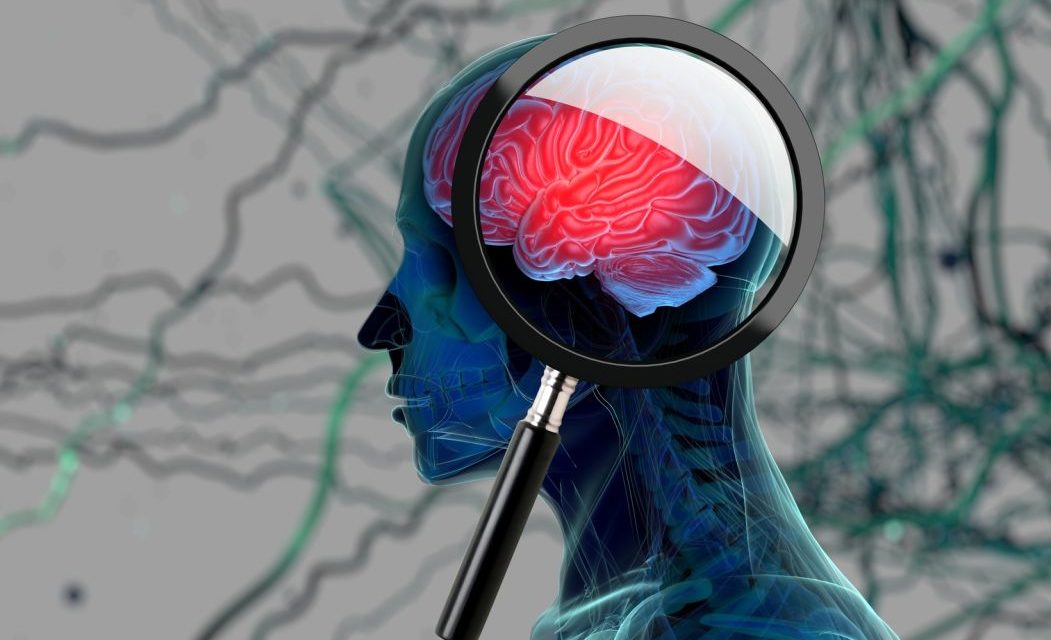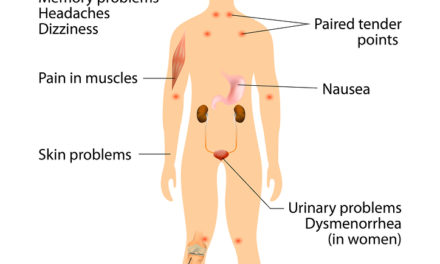Mark Goodman Ph.D. has some interesting observations of patients diagnosed with Alzheimer’s disease. He believes that many patients diagnosed with Alzheimer’s disease actually have dementia caused by a lack of vitamin B12. Dr. Goodman has an accredited Ph.D. in behavioral medicine (with a specialization in clinical neuropsychology) from the University of Maryland School of Medicine. Behavioral Medicine is a new interdisciplinary specialty combining cross- training in behavioral psychology, neurosciences, physiology and medicine.
Dr. Goodman is quoted in an interview by Kirk Hamilton that appeared in Clinical Pearls. Dr. Goodman says, “ I initially suspected vitamin B12 limits were too low, when I encountered on consultation, geriatric patients admitted with Alzheimer’s diagnosis whose frontal lobe functioning was obviously intact. This is inconsistent with Alzheimer’s diagnosis. They were exhibiting other global neuropsychological deficits with a systemic/metabolic profile. They were all following cardiac lipid- lowering diets.”
Dr. Goodman went on to say that he believed that there are many elderly individuals who are sub clinically B12 deficient. Many times these patients have normal blood levels of B12. He points out that people who are B12 deficient experience neurological changes before there is changes in their blood count (pernicious anemia).
Dr. Goodman says that a good dietary history is an important part of the evaluation. Many of the patients are very high starch diet such as occurs in many convalescent facilities, then there is a high suspicion of vitamin B12 depletion and deficiency. Dr. Goodman says, “In the convalescent facility diet there is little red meat due to expense and the desire to have residents on a lipid lowering regime. Also, there is a normal increase in gastric atrophy in the elderly which reduces vitamin B12 absorption. Thirdly, there is a down-regulation of the enzymes required for the formation and the manufacture of vitamin B12 when less vitamin B12 is consumed.” Dr. Goodman points out that if there is no frontal lobe degeneration, the dementia is not Alzheimer’s disease.
Dr. Goodman says that high doses of vitamin B12 are without any serious adverse side-effects. Some reports of reversible symptoms of diarrhea, cutaneous rash, polycythemia and possibly peripheral vascular thrombosis, but these are minor and reversible.
Vitamin B12 deficiency is fairly common in older people. Even when the tests for B12 levels are normal, symptoms like forgetfulness, fatigue and depression respond to B12 supplementation. Dr. Goodman’s point is that the symptoms of this deficiency can be so severe that the patient is often diagnosed with Alzheimer’s disease—even when the blood tests are normal.
Author’s note: Very commonly, poor concentration, forgetfulness or even depression in an older individual is due to a need for vitamin B12. Dr. Goodman has recommended B12 injections for patients needing B12. There has, however, been research that shows that high oral doses (more than 3 milligrams) can be used to effectively restore vitamin B12 levels.
Click here to read more articles about natural health care and dementia






